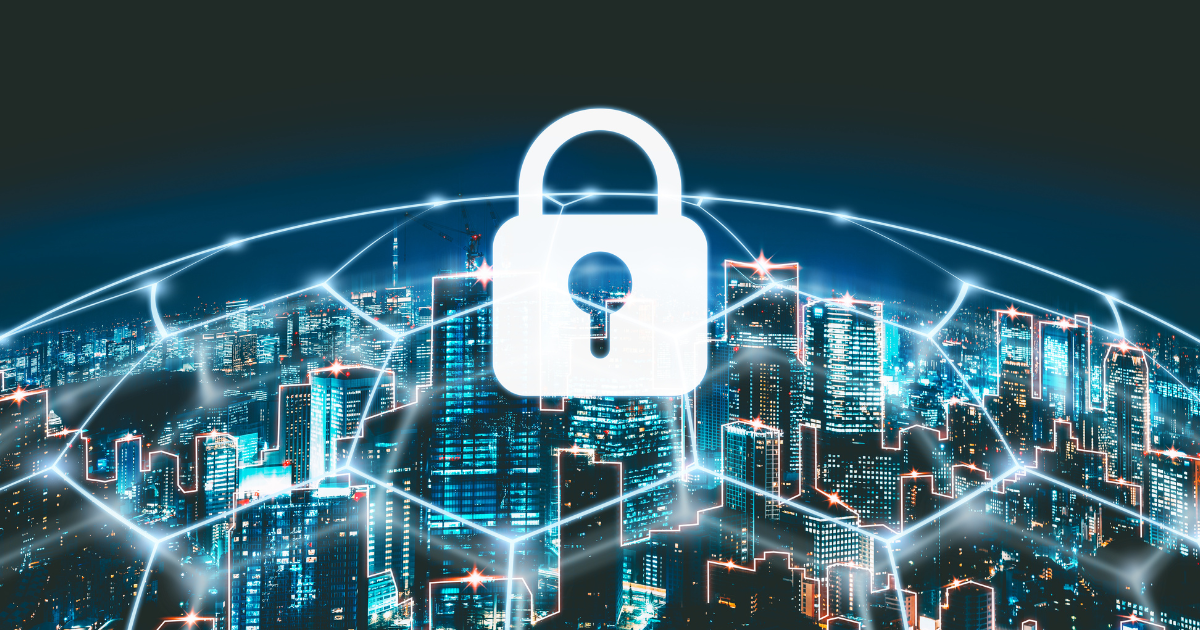
The global cyber threat environment has intensified over the last twelve months and Australia is an attractive target for cybercriminals.
Here are some practical tips on how to keep your email secure.
1. Create a strong password.
Select something that it is hard for other people to guess, difficult for software to crack, but easy for you to remember. Developing a strong password that’s easy to remember can be challenging, so here’s a tip.
Perhaps you’re a Madonna fan. The first two lines of her song, Hung Up, are:
Time goes by so slowly for those who wait,
No time to hesitate.
Take the first letter of each word, with one obvious substitution: Tgbssftww,Nt2h.
2. Use a unique password for your email account.
Avoid the temptation of reusing passwords on multiple accounts. If you use the same password to log in to your favourite website as you do your email and someone cracks your password on that site, they’ll also have your email password.
3. Make sure your computer is up-to-date and protected.
Ensure your antivirus software is up-to-date and that you’re running the latest operating system and email application version. Out-of-date security suites often don’t have the coding necessary to deal with newer viruses or hacks.
4. Avoid opening attachments unless you already know what it is.
Unless you know exactly who the sender is and what the attachment is for, resist the urge to click anything in the email. Attachments can install malware on your computer, making it easy for hackers to access your email and other personal information.
5. Don’t click on any login links or buttons in an email message.
Scam emails might also include fake login links or buttons redirecting you to a different website that captures your password. If an email asks you to log in to update information or correct a billing error, open a web browser window, go to the website’s address directly, and log in to see if anything needs to be changed.
6. Learn to identify scams.
Scammers often send emails requesting personal information to forge your identity. Never provide any personal information over email unless you know who is requesting the information.
7. Make your security question answers difficult to guess.
If your email provider allows you to set up security questions to retrieve your password if you lose it, don’t enter answers that someone else can figure out, such as your mother’s maiden name or your first pet’s name. Instead, have some random words on hand, like Barcelona, Chocolate, and Elephant, that you can use that aren’t the actual answer to the question. Just make sure not to forget them!
Additional Resources:
- What to do if your business has been targeted
- How to check your email security – Outlook
- How to check your email security – Gmail